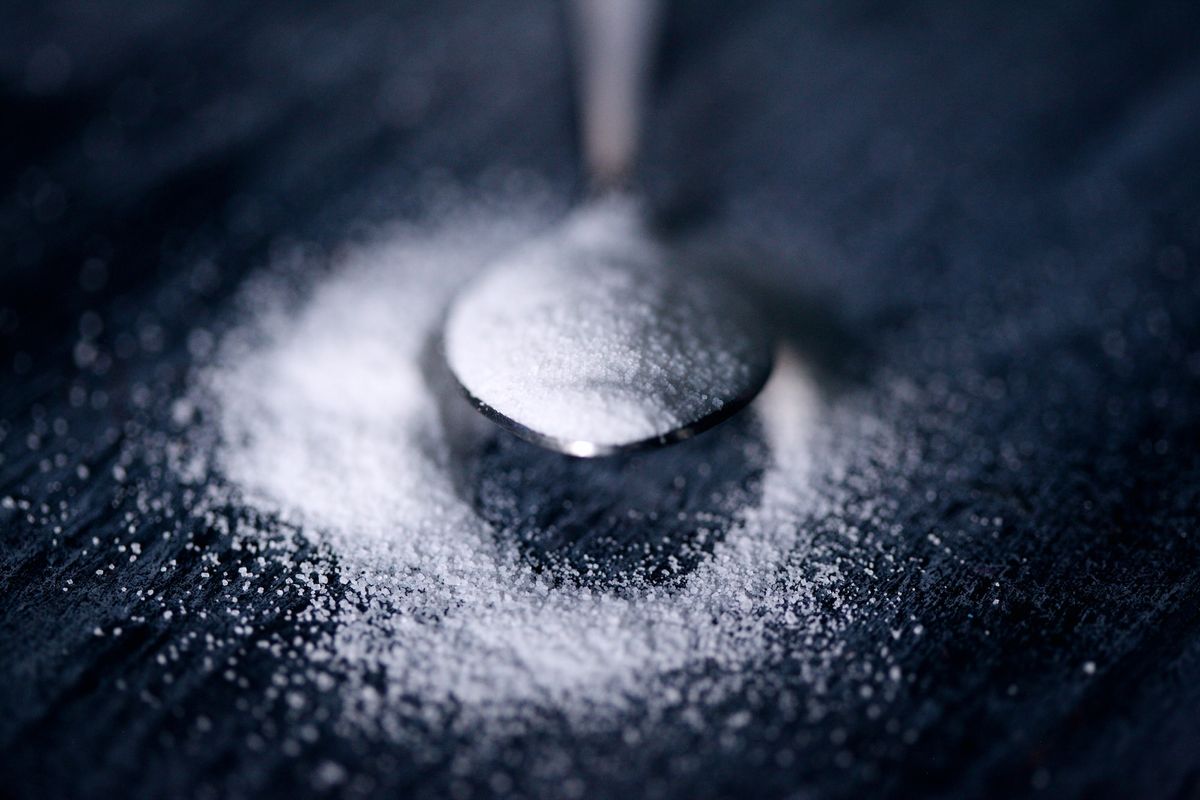Aspartame in Soft Drinks: Is It Safe?
Soft drinks, many sweetened with aspartame, are widely consumed. Are they safe?

Soft drinks are one of the most widely consumed beverages worldwide. However, their sugar content can be detrimental to health and increase the risk of obesity, diabetes and other chronic diseases.
To counteract this, many soft drink manufacturers have started using artificial sweeteners, such as aspartame, as an alternative to sugar. But what does the FDA think about the safety of aspartame in soft drinks?
What is aspartame?
Aspartame is an artificial sweetener used in many calorie-free or low-calorie foods and beverages as an alternative to sugar. It is composed of two amino acids, aspartic acid and phenylalanine, and has a sweet taste similar to sugar.
Aspartame is 150 to 200 times sweeter than sugar, so less is needed to achieve the same level of sweetness.
Why is aspartame used in soft drinks?
Aspartame is used in soft drinks as an alternative to sugar because it has no calories and therefore does not contribute to a person's daily caloric intake. In addition, aspartame does not affect blood glucose levels, so it is safe for people with diabetes.
Is aspartame in soft drinks safe?
The FDA, the U.S. food and drug regulatory agency, has evaluated the safety of aspartame and has concluded that it is safe for human consumption in the amounts commonly used in foods and beverages.
In addition, the FDA has established an acceptable daily intake (ADI) of 50 milligrams per kilogram of body weight. This means that a person weighing 68 kilograms (149 pounds) could safely consume up to 3,400 milligrams of aspartame per day.
Other regulatory agencies around the world, such as the European Food Safety Authority (EFSA), have reached similar conclusions about the safety of aspartame.
Are there side effects of aspartame in soft drinks?
Although the FDA and other regulatory agencies have determined that aspartame is safe for human consumption in the amounts commonly used in foods and beverages, some people may experience mild side effects after consuming aspartame.
These side effects are usually temporary and disappear once aspartame consumption is discontinued. Some of the reported side effects include headaches, dizziness, nausea and other flu-like symptoms.
Should we be concerned about aspartame in soft drinks?
In general, aspartame is considered safe for human consumption in the amounts commonly used in foods and beverages. However, as with any food or additive, it is important to consume it in moderation and in the context of a balanced and healthy diet.
Although some studies have suggested a possible association between aspartame consumption and certain negative health effects, such as an increased risk of cancer or neurological problems, most of these studies have been discredited or have not found conclusive evidence of a causal relationship.
In addition, it is important to note that excessive consumption of soft drinks, whether sweetened with aspartame or sugar, can have negative health effects. The consumption of large amounts of soft drinks has been linked to an increased risk of obesity, type 2 diabetes and heart disease.
Therefore, while aspartame in soft drinks should not be a safety concern, it is important to remember that excessive consumption of soft drinks and other processed, high-sugar foods is unhealthy.
Instead, it is recommended to opt for healthier options, such as water, unsweetened tea or unsweetened natural juices. In general, following a balanced and varied diet, rich in fruits, vegetables and whole foods, is the best way to maintain good long-term health.
